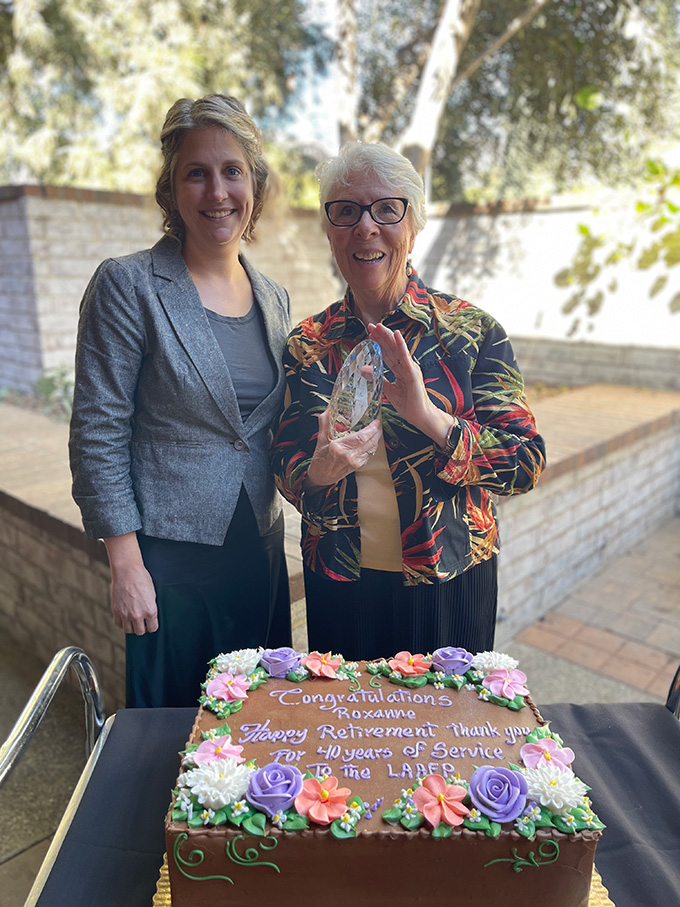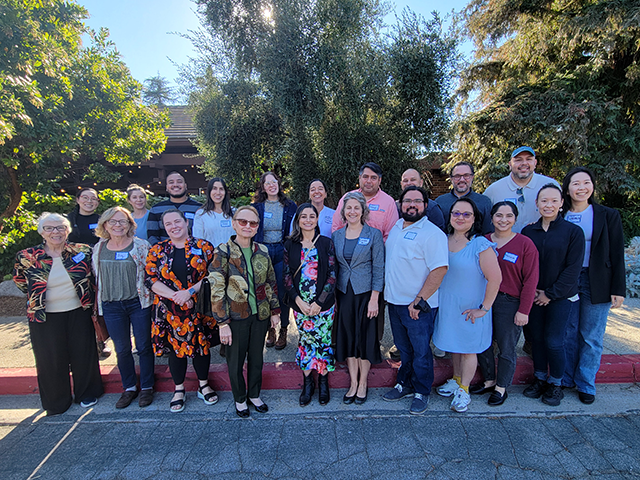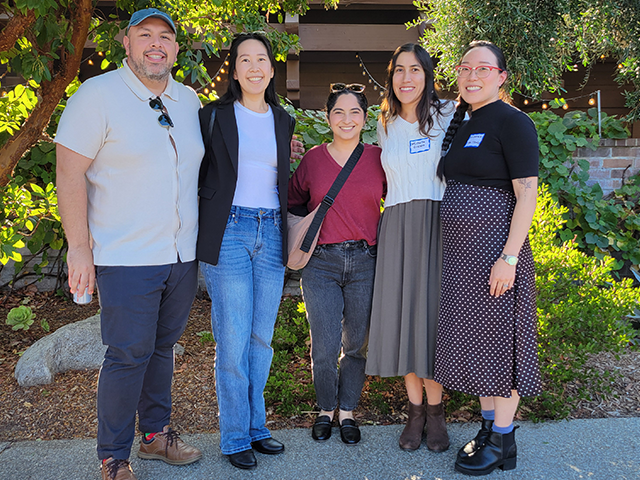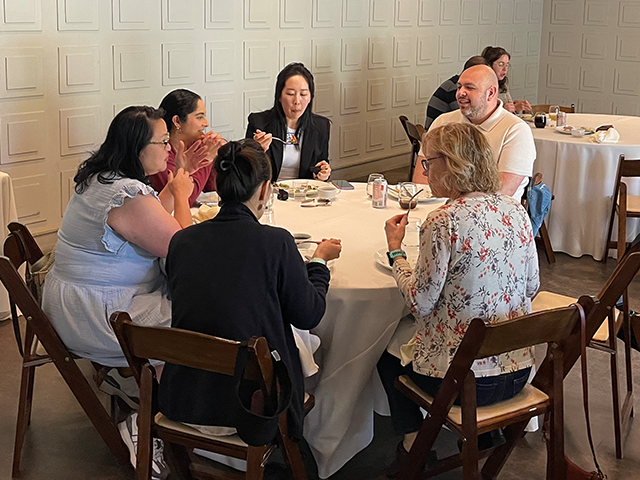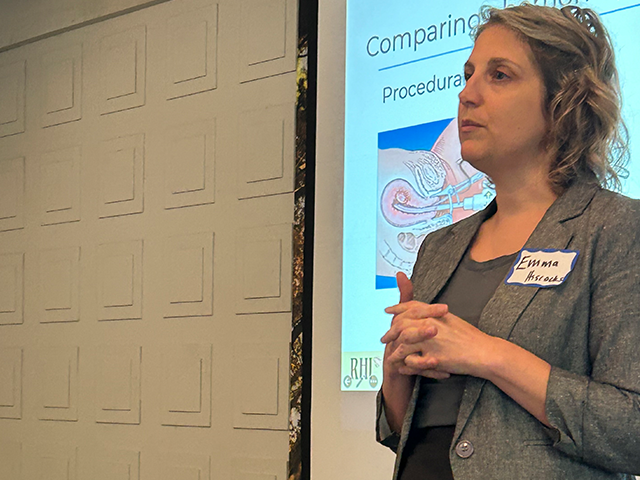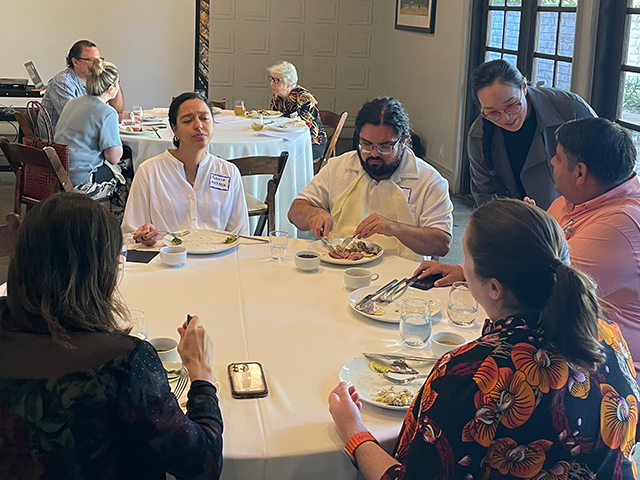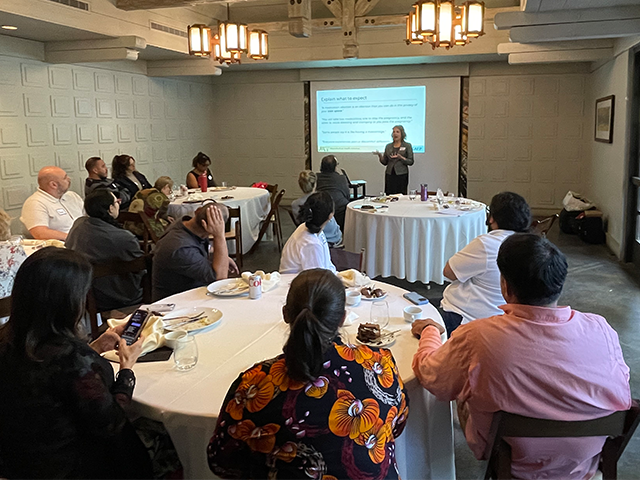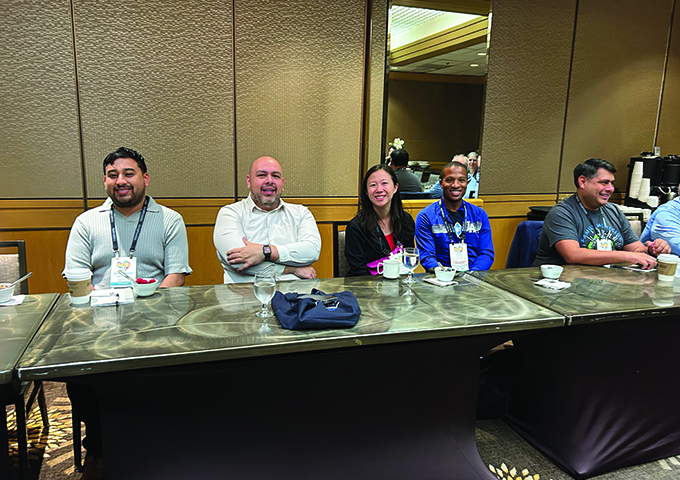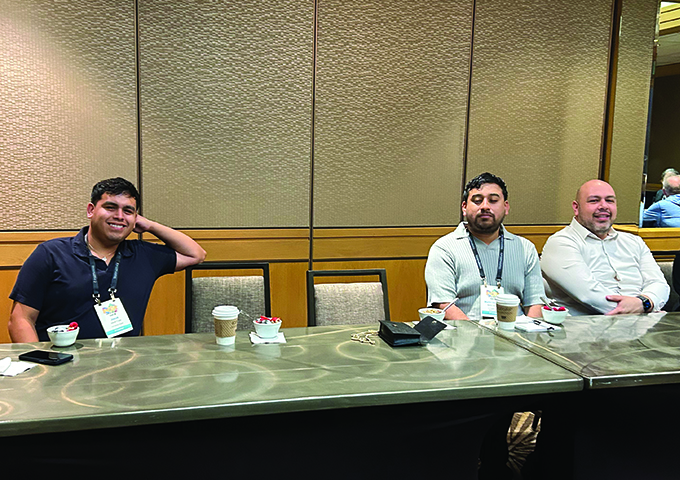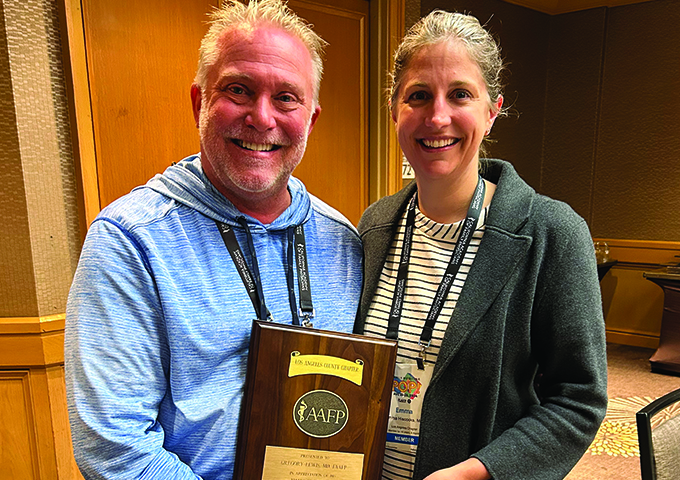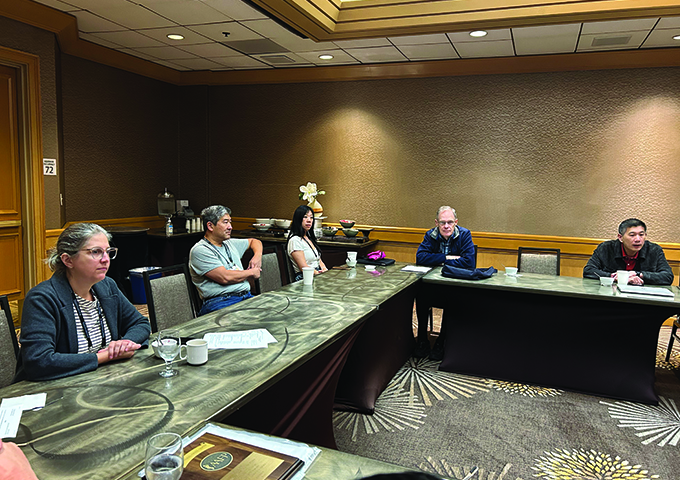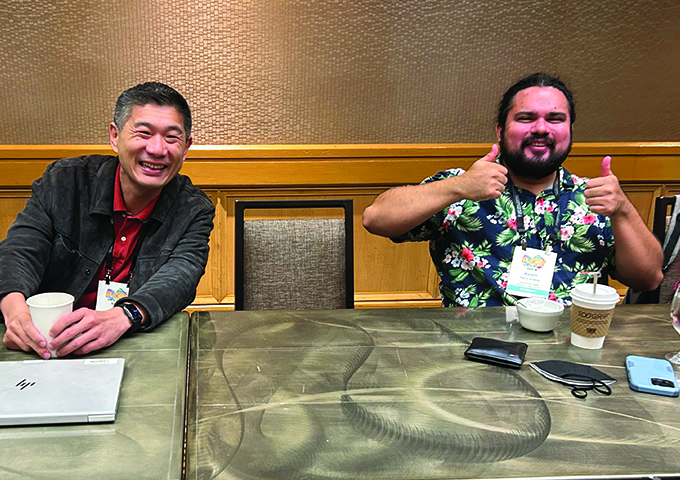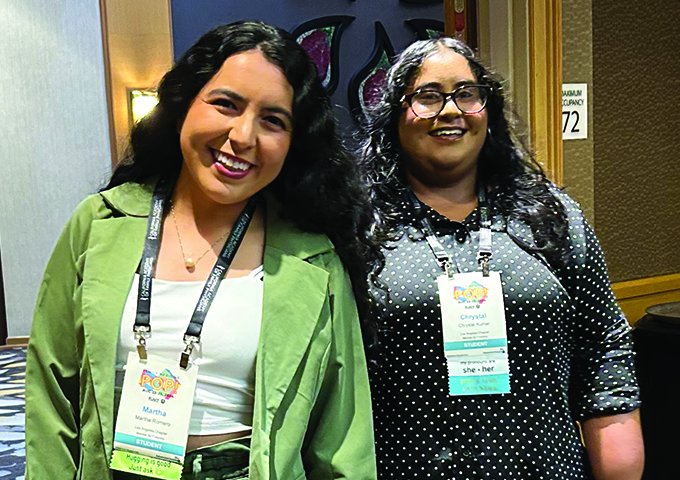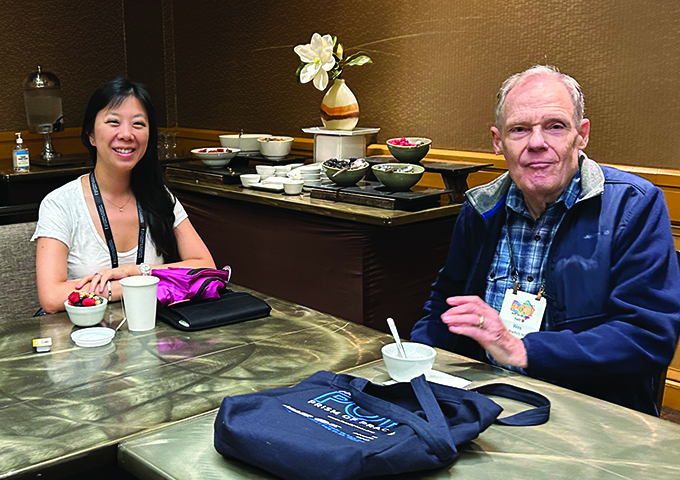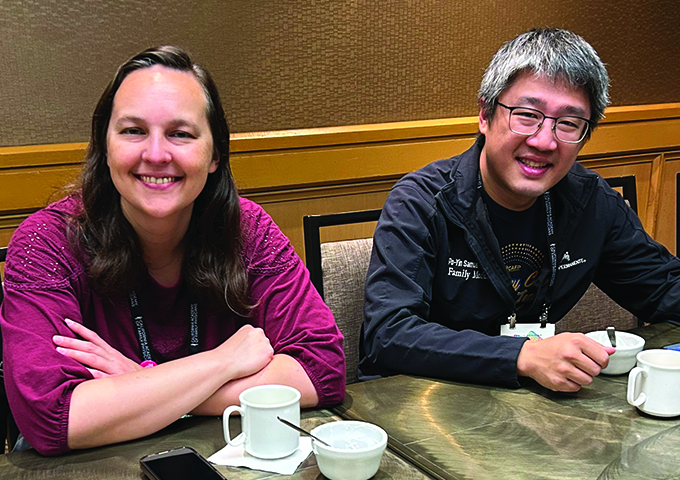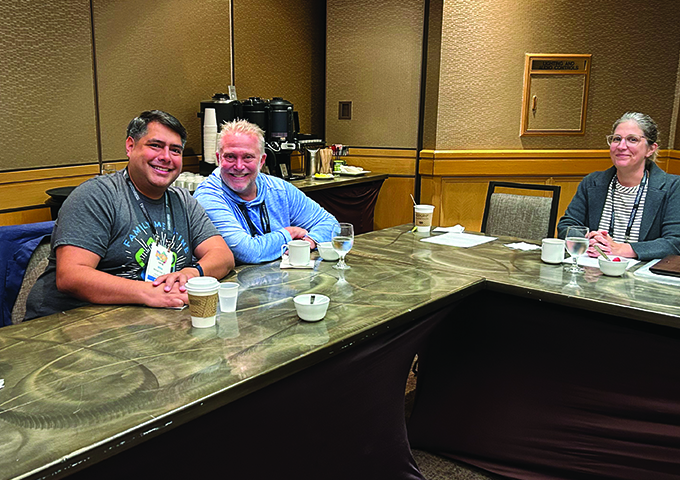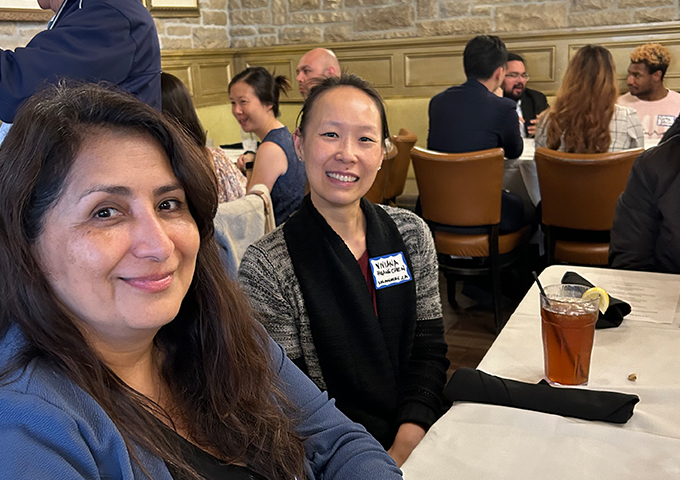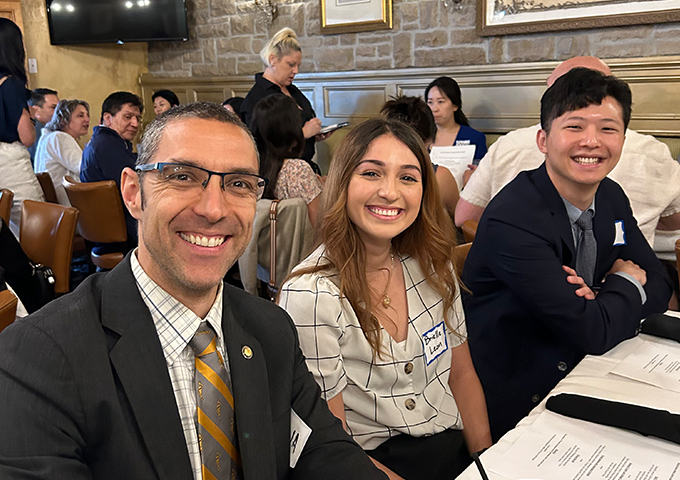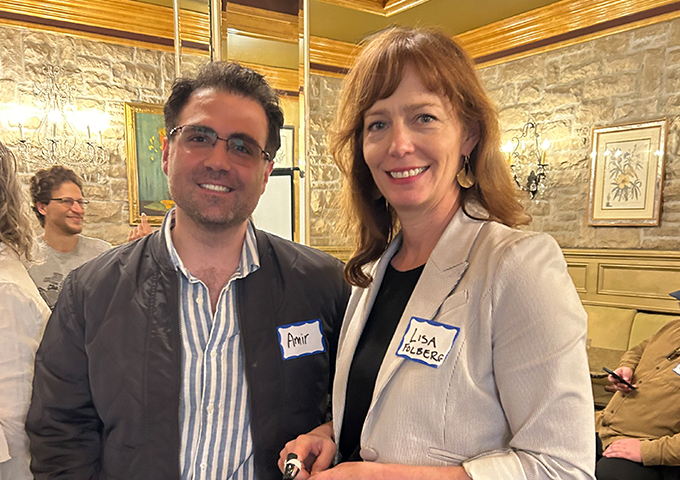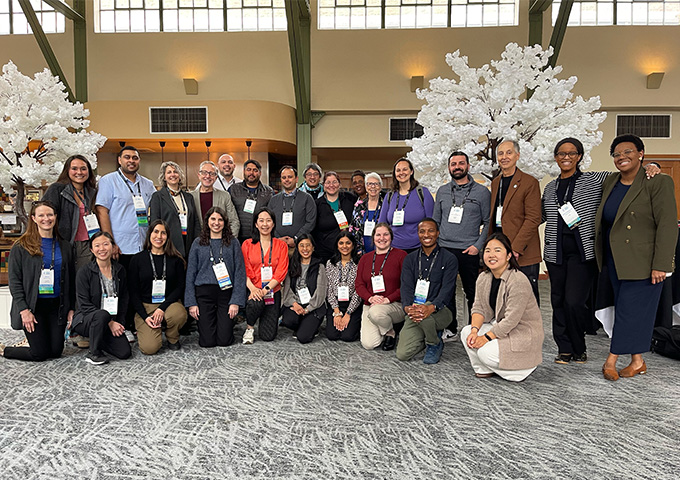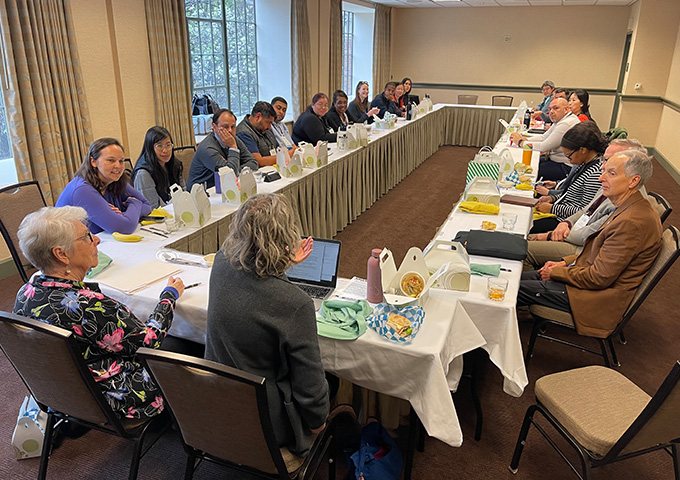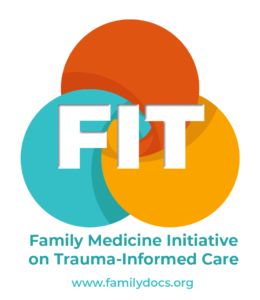January 2019

The Federal Government’s partial shut-down has had an uneven effect on a variety of government services. “Big-ticket” health programs and HHS were already funded through September. CDC flu surveillance and NIH biomedical research are not affected, but FDA food safety operations are (better be careful about eating romaine lettuce for now). Indian Health Service workers are not being paid. Public health efforts and health inspectors in Homeland Security and the Environmental Protection Agency are not being paid. National Park Service facilities have been closed due to overflow of trash and sewage from loss of maintenance services. Hold your nose and carry on.
A US District Court Judge in Texas ruled that the “ACA became unconstitutional after Congress effectively eliminated the individual mandate” (that the insurance industry says is needed to stabilize the healthcare insurance market). The ACA, which includes Covered California, will continue until resolved on appeals. If the ruling stands, 30 million Americans would lose health insurance, Medicaid and Children’s Health Insurance Program (CHIP) would lose 15 million enrollees, the Medicare doughnut hole would be return (dramatically increasing seniors’ drug costs), and those with private insurance would lose annual and lifetime cost limits, coverage of their children until 26, and required coverage of preventive services without cost-sharing. Medical organizations including CAFP and AAFP are opposing this ruling due to its effects on our patients.
The Trump Administration’s proposed “public charge” rule would make immigrants’ use of government-sponsored services (Medi-Cal, Supplemental Nutrition Assistance Program and HUD Section 8 housing assistance) result in their being denied green cards or US visas. Fewer immigrants would access primary care services, resulting in adverse health outcomes and increased emergency and hospital costs. CAFP and AAFP have submitted comments opposing the rule change.
California’s 2015 vaccine law, SB 277, removed all but medical exemptions for childhood vaccine school requirements. Since then, immunization rates for kindergarten children are near an all-time high, although the number of medical exemptions has tripled. (Primary care physicians are encountering more pressure from some parents for signing exemptions. This controversy is not going away.)
Hopefully we are all registered now with the California Department of Justice’s CURES database (“Controlled Substance Utilization Review and Evaluation System”), which became effective on October 2. Consulting the CURES database is now mandatory for prescribing or administering new Schedule II-IV controlled drugs, no more than 24 hours in advance, and at least once every 4 months if these drugs are continued. (See https://cures.doj.ca.gov.)
CAFP’s All Member Advocacy Meeting (AMAM) will be March 9-11 in Sacramento, where Family Physicians, Residents and Medical Students will learn about hot-button health care issues, hear from experts and legislators, and participate in training on advocacy. CAFP encourages involvement (http://www.familydocs.org/membership/get-involved). Access CAFP-related Tweets by @cafp_familydocs.

